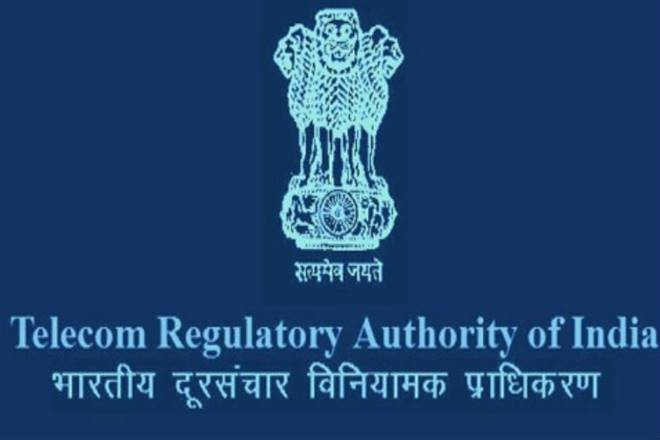TRAI has floated a new consultation paper titled Developing a unified numbering plan for fixed-line and mobile services
The Telecom Regulatory Authority of India (TRAI) has been on a row of introducing new consultation papers. The telecom regulator is introducing these new papers to improve the industry with innovative solutions to the problems that exist. Some of the consultation papers have been about the issues in the new tariff regime as well. However, today, TRAI has floated a new consultation paper in the public domain, which targets the issue of developing a unified numbering plan for fixed-line and mobile services. Like the title clarifies, now the telecom regulator will idea upon whether or not the same number can be given to fixed-line and a mobile phone. Here is what TRAI has noted about the new consultation paper.
The National Numbering Plan of 2003 and the Current Numbering Rules
The Telecom Regulatory Authority has highlighted that the telecom sector has undergone many changes and development which have been brought upon by new network architecture and services. Further, it added that these new advancements in telecom technology have brought better, faster and cheaper services for the consumers. This has also increased the compatibility of services across platforms as now any service or technology can be accessed on any device, anytime, anywhere.
Now the prime method to use these services and to identify and differentiate between the end-users remains the phone number. TRAI noted that the “numbering plan is one of the important ‘fundamental plans’ along with Switching, Routing, Transmission, Charging and Synchronization Plans that govern the functioning of telecommunications networks.”
TRAI also brought it to light that currently, the Department of Telecommunications (DoT) uses the series E.164 of ITU’s Telecommunication Standardization Sector (ITU-T) Recommendations which describe the “The international public telecommunication numbering plan”. This provides the functionality and number structure for the numbers which are used for international public communication.
Lack of Numbering Resources Now Surfacing in India
Now the issue of numbering has come up again because the National Numbering Plan 2003 had created a numbering space for a total of 750 million telephone connections which included 450 million cellular mobile phones and 300 million basic phones. The National Numbering Plan (NNP) in 2003 had projected a 50% tele-density by the year 2030. However, the 450 million cellular mobile connections by 2030 had already been achieved in 2009.
But after 16 years of the National Numbering Plan (NNP) of 2003, the availability of numbering resource is now scarce, and this is especially true for the mobile segment. Currently, India has a total of 1186.63 million subscribers with a tele-density of 90.11%. It was in May 2019, when Trai received a reference from the DoT on strategies of National Digital Communications Policy, 2018 which included “ensuring adequate numbering resources, by developing a unified numbering plan for fixed-line and mobile services”.
TRAI noted that with this consultation paper, it would analyse changes which have affected the national numbering plan, and it will also identify the ways in which numbering resource management and allocation policy might be managed. This will then ensure that ample numbering resources are available for allocation of numbers in India. The issues which this consultation paper targets include, long- term suitability of numbering plan, unified numbering plan, efficient utilisation of the numbers and an efficient allocation criterion.
